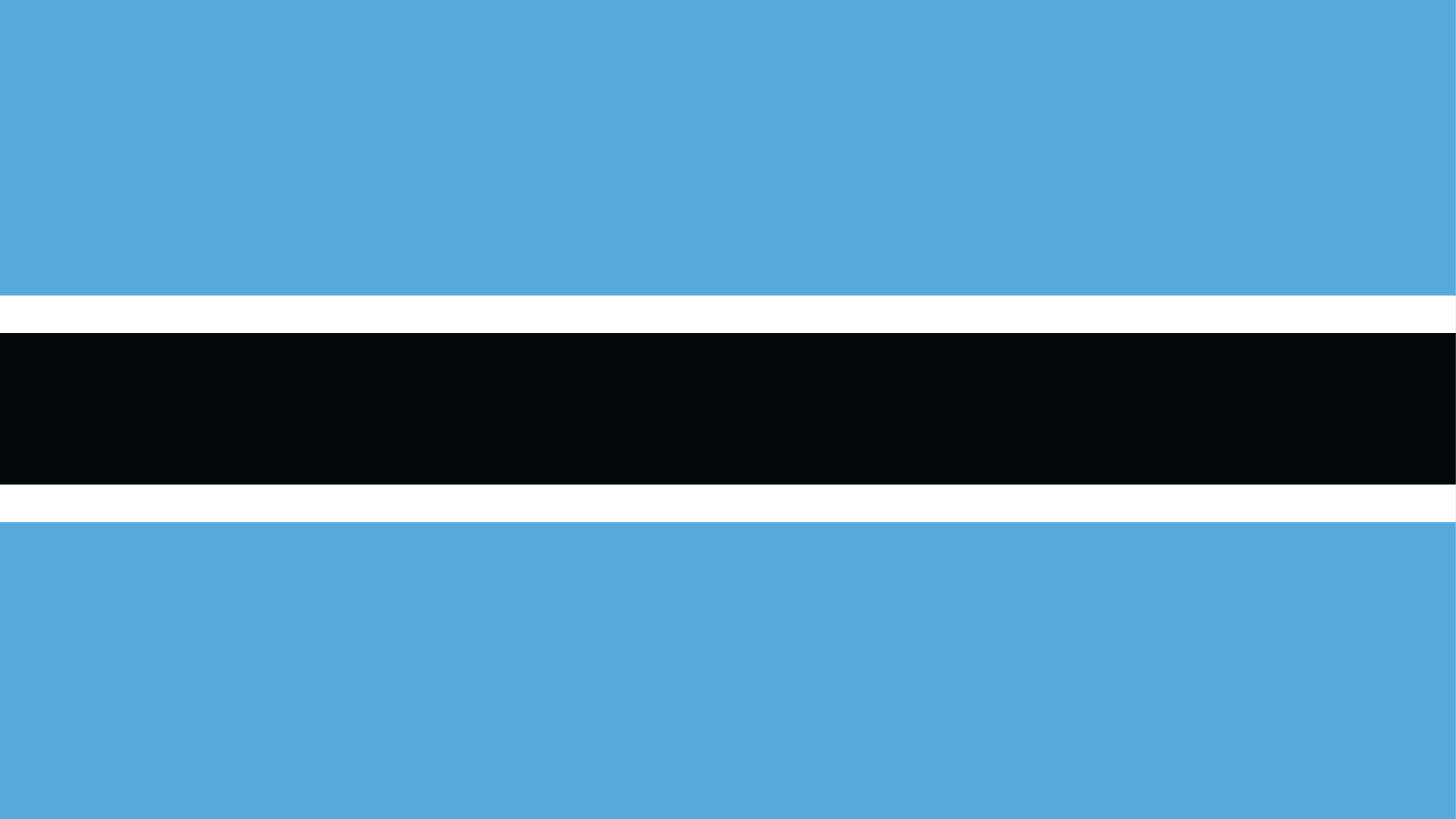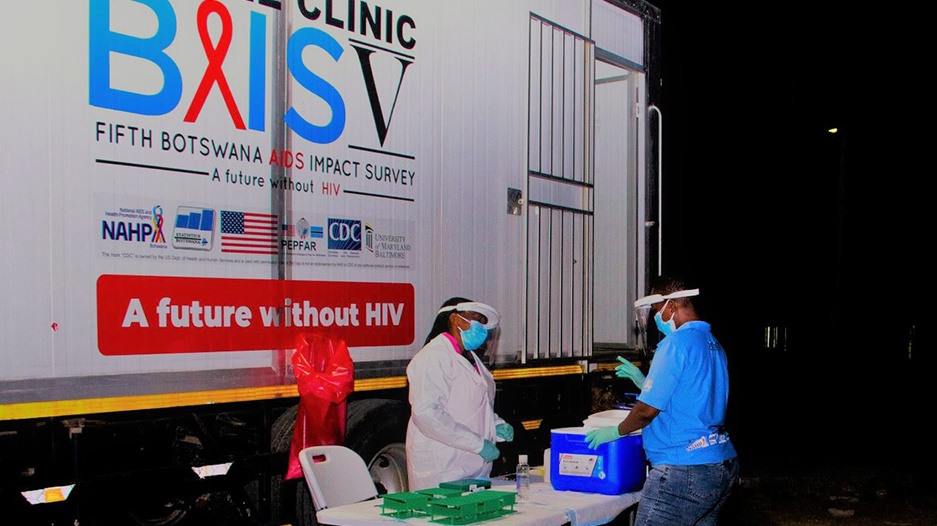At a glance
CDC works with the Ministry of Health and other partners to build effective public health collaboration and partnerships, which strengthen the country's core public health capabilities: data and surveillance, laboratory capacity, workforce and institutions, prevention and response, innovation and research, and policy, communications, and diplomacy.

Overview

CDC established an office in Botswana in 1995. CDC Botswana works closely with the Government of Botswana and partner organizations to detect, prevent and control infectious disease outbreaks, and build and strengthen the country's core public health capabilities. These include data and surveillance, laboratory capacity, workforce and institutions, prevention and response, innovation and research, and policy, communications, and diplomacy. CDC's work aims to protect the health of our nations and public health around the world.
Global health security
Surveillance systems
Botswana has made significant progress adopting the Integrated Disease Surveillance and Response guidelines to facilitate surveillance and timely response to disease outbreaks.
Laboratory systems
CDC works with the MOH to build laboratory capacity to:
- Improve availability and access to laboratory services that testing for advanced diseases and opportunistic infections.
- Implement international laboratory standards for continuous quality improvement and establish routine surveillance and response to public health emergencies.
- Improve the availability, quality, and use of laboratory data for evidence-based planning and decision making.
- Foster collaboration between human, animal, and environmental health laboratories for a One Health approach.
- Introduce new diagnostic methods and technologies.
Public health institutes
CDC is working closely with the Botswana MOH and the International Association of Public Health Institutes to establish the Botswana Public Health Institute.
Workforce development
CDC supports training scientists through the Field Epidemiology Training Program (FETP). This program strengthens Botswana's workforce capacity to sustain and control the HIV epidemic, and identify and stop outbreaks of other diseases before they spread. The program consists of the Frontline level, and a new Intermediate level established in 2023.
Emergency response
During the COVID-19 pandemic, CDC supported response coordination, surveillance, diagnostic capacity, quarantine management, case investigation, infection prevention and control, and risk communication activities.
Key achievements
- Helped establish the Botswana Public Health Laboratory and Botswana National Quality Assurance laboratories.
- Introduced new technologies leading to increased efficiencies in diagnosis of TB and other opportunistic infections.
- Worked with partners to adopt the WHO Integrated Disease Surveillance and Response technical guidelines.
- Supported the COVID-19 Intra Action Review leading to system improvements across most areas of the response.
- Supported training for 200 public health professionals who graduated from the Field Epidemiology Training Program.
HIV and TB
As a key implementer of the U.S. President's Emergency Plan for AIDS Relief (PEPFAR), CDC plays an essential role in the fight against HIV and TB. With unmatched scientific and technical knowledge and long-standing relationships with ministries of health, CDC is uniquely positioned to advance HIV, TB, and other global health security activities that keep Americans safe at home and abroad.
Through PEPFAR, CDC provides critical support to Botswana's public health infrastructure, improving the country's ability to prevent, detect, and respond to HIV, TB, and other infectious diseases and minimizing their risk from entering the U.S.
Other activities
CDC works with MOH and partners to design and implement the Youth Risk Behavior and Biological Survey, and the Violence Against Children Survey.
